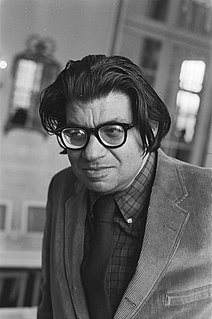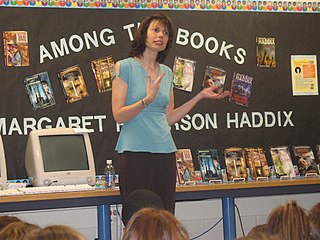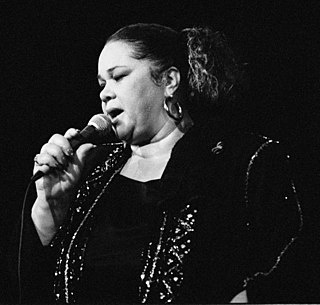A Quote by Virginia Woolf
Memory is the seamstress, and a capricious one at that. Memory runs her needle in and out, up and down, hither and thither. We know not what comes next, or what follows after. Thus, the most ordinary movement in the world, such as sitting down at a table and pulling the inkstand towards one, may agitate a thousand odd, disconnected fragments, now bright, now dim, hanging and bobbing and dipping and flaunting, like the underlinen of a family of fourteen on a line in a gale of wind.
Related Quotes
Bill Clinton's favorite memory is Hillary leaning down and putting contact paper in the drawers, in the chest of drawers in Chelsea's dorm room at Stanford. Favorite memory. Favorite memory! Out everything, favorite memory. Now, I would love to hear somebody in the media ask Hillary what contact paper is.
Memory is corrupted and ruined by a crowd of memories. If I am going to have a true memory, there are a thousand things that must first be forgotten. Memory is not fully itself when it reaches only into the past. A memory that is not alive to the present does not remember the here and now, does not remember its true identity, is not memory at all. He who remembers nothing but facts and past events, and is never brought back into the present, is a victim of amnesia.
You have to be reminded of a basic fact: intelligence belongs to the watching consciousness; memory belongs to the mind. Memory is one thing - memory is not intelligence. But the whole of humanity has been deceived for centuries and told indirectly that the memory is intelligence. Your schools, your colleges, your universities are not trying to find your intelligence; they are trying to find out who is capable of memorizing more. And now we know perfectly well that memory is a mechanical thing. A computer can have memory, but a computer cannot have intelligence.
But pain may be a gift to us. Remember, after all, that pain is one of the ways we register in memory the things that vanish, that are taken away. We fix them in our minds forever by yearning, by pain, by crying out. Pain, the pain that seems unbearable at the time, is memory's first imprinting step, the cornerstone of the temple we erect inside us in memory of the dead. Pain is part of memory, and memory is a God-given gift.
We don't all see the same way at all. Even if I'm sitting looking at you, there is always the memory of you as well. And a memory is now. So someone who's never met you before is seeing a different person. That's bound to be the case. We all see something different. I assume most people don't look very hard at anything.
Oh, Myr," he chokes out. "I hate having to ask this of you..." He glances towards the car again, and I crouch down in the shadows, hoping it's too dark for him to see whether the window is open or closed. The woman pats his arm, cradling her hand against his elbow. "You know I'd do anything for you and Hil," she says. I like her voice. It's throaty and rich. "You'd do anything?" my father repeats numbly. "Even now? After -?" "Even now," the woman says firmly.
Of course, here's the weird part. After I fought my dad, all of a sudden we're buddies now. Like he's my friend now, we start hanging out. But we're still the same people. So we'd go out on Sunday, you know, and just be hanging out, then he'd, like, pick a guy, and we'd just go beat the crap out of that guy as a team. Memories, huh?
In the camp, this meant committing my verse-many thousands of lines-to memory. To help me with this I improvised decimal counting beads and, in transit prisons, broke up matchsticks and used the fragments as tallies. As I approached the end of my sentences I grew more confident of my powers of memory, and began writing down and memorizing prose-dialogue at first, but then, bit by bit, whole densely written passages. My memory found room for them! It worked. But more and more of my time-in the end as much as one week every month-went into the regular repetition of all I had memorized.



































